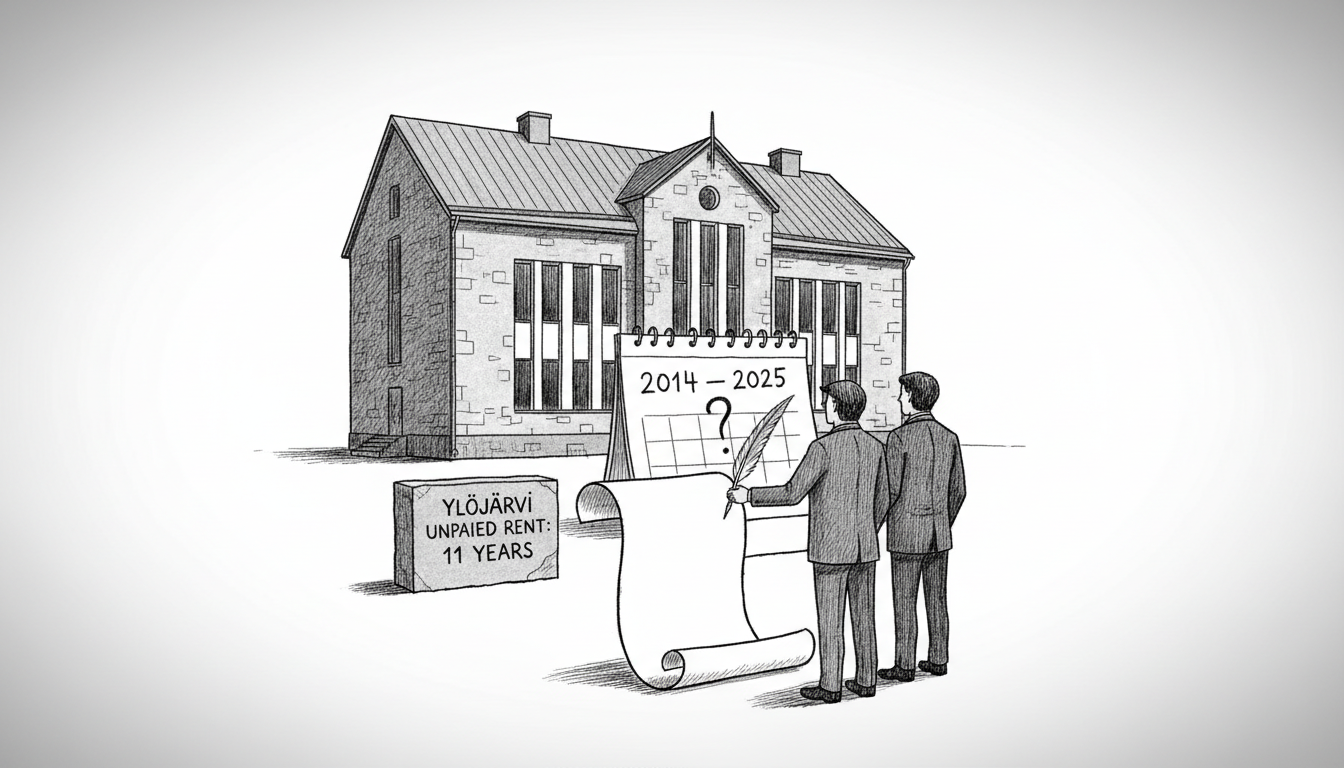The city of Ylöjärvi in western Finland faces an unusual administrative oversight. Local officials discovered they never signed a rental agreement for a property used by a homeowners' association. The building in Siivikkala district has been in continuous use since 2014 without formal arrangements.
City Development Director Jukka Nurmi confirmed the situation came to light in late summer. The homeowners' association itself initiated contact with municipal authorities. Both parties acknowledged the matter had been forgotten by all involved.
This case highlights potential weaknesses in municipal record-keeping systems. Finnish local governments typically maintain detailed property management protocols. The eleven-year gap suggests either systematic failure or extraordinary circumstances.
What does this mean for municipal finances? The lost revenue represents a small but meaningful amount for a town of Ylöjärvi's size. Finnish municipalities rely heavily on property-related income streams. Even minor leaks can accumulate into substantial sums over time.
Similar cases occasionally emerge across Nordic countries. Swedish media reported a comparable situation in Västerås last year. Norwegian municipalities have also faced criticism for property management irregularities. The Nordic welfare model depends on efficient local administration, making such oversights particularly concerning.
The Ylöjärvi city board addressed the matter in late October. They now face the delicate task of resolving more than a decade of informal use. Options include retroactive billing, formalizing the arrangement, or considering the period as tacit approval.
International readers might wonder about Nordic property rights. Finland's legal system strongly protects both municipal and private interests. The homeowners' association acted properly by coming forward when realizing the oversight. This demonstrates the high-trust society characteristic of Nordic countries.
What happens next? The city must balance recovering public funds with maintaining community relations. The Siivikkala homeowners' association has shown good faith throughout the process. Their proactive approach likely improves chances for an amicable solution.
This case serves as a reminder that even efficient systems can develop blind spots. Regular audits and cross-departmental communication remain essential for municipal governance. The resolution could set precedents for similar situations elsewhere in Finland.

